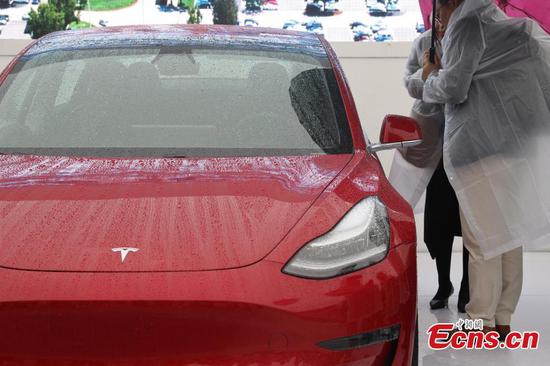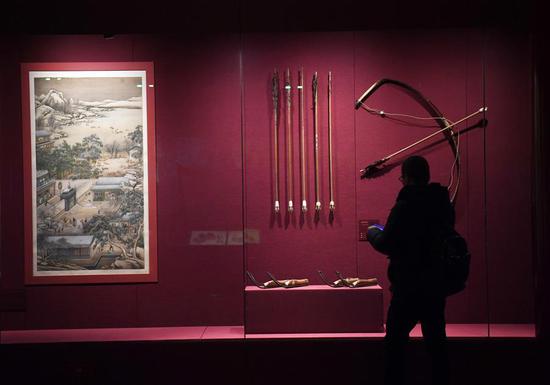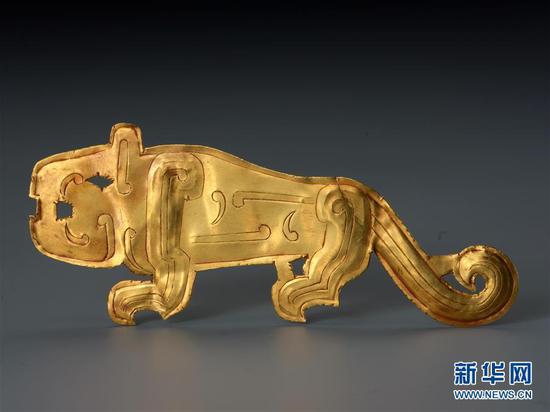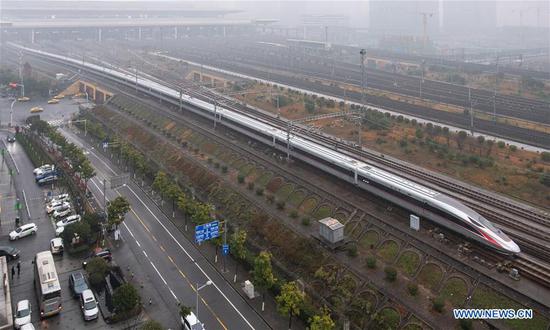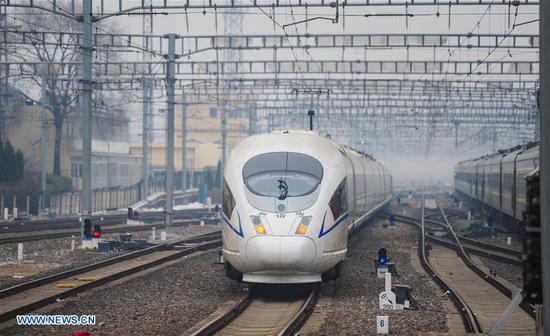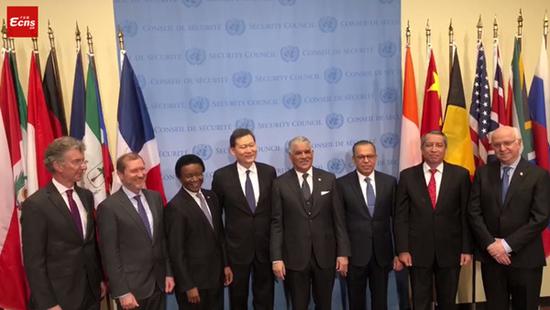This year marks the 40th anniversary of the establishment of diplomatic relations between the People's Republic of China and the United States. In the last 40 years, China and the U.S. have become so economically interdependent due to their growing common interests that it would be very difficult for either to boost its economic growth without the other.
A reality check shows the evolution of Sino-U.S. relations has its own laws along with the historical trends of the times. When the world situation or the domestic situation of either of the countries undergoes dramatic changes, bilateral ties usually witness profound re-adjustments.
Before 1972 when former U.S. president Richard Nixon visited China, the two sides remained antagonistic and had almost no high-level government contacts or exchanges, mainly because of the failure of U.S. policymakers to discover their common interests.
The beginning of Sino-U.S. relations
Following Nixon's visit to China, the world situation and the U.S.-Soviet Union-China triangular relationship started changing extensively. Analysts generally believe that when Nixon proposed in the quarterly magazine Diplomatic Affairs in October 1967 to seek contact with China, his primary consideration of future Sino-U.S. relations was closely related to his assessment of the world situation and the role of China in the U.S.' strategic competition with the Soviet Union.
In the years that followed, until the disintegration of the Soviet Union in 1991, the two sides' common interests in resisting the Soviet Union's global expansion dominated their relations, with the U.S. even helping China upgrade its military equipment.
However, the end of the Cold War left U.S. political leaders at a loss for common interests. American elites and some policymakers relaxed or ceased their efforts to explore and expand common interests, and instead planned to change China or made efforts to bring about its collapse.
The U.S. emphasized old and new differences on such issues as Taiwan, human rights, ideology and trade, and allowed Lee Teng-hui, former leader of Taiwan, to visit Cornell University in New York in 1995.
There were even frequent threats to deny China most-favored-nation trade benefits by linking it to its human rights performance. However, when Sino-U.S. relations suffered serious setbacks and the U.S.' losses outweighed it gains, the two sides gradually found many common interests in economic globalization. With the unprecedented expansion of bilateral relations in various areas, it is no surprise that concepts such as "G2" and "Chimerica" have occasionally appeared.
Cold War mentality cause of grave concern
But in the new century, some hawkish U.S. leaders and scholars, who view Sino-U.S. relations with a Cold War mentality and zero-sum game logic, began to feel uneasy about China's rapid growth and increasing national strength. They first misjudged China as the U.S.' chief strategic competitor, and now they want to contain China so the U.S. can maintain its pre-eminence across the world. This resulted in different versions of the so-called Thucydides Trap between China as a rising power and the U.S. as an established power becoming fashionable.
Some in the U.S. even believe the current Sino-U.S. trade frictions are a prelude to a "new cold war" and possibly to a hot war between the two sides. In reality, this reflects the U.S.' vacillation in terms of reassessing its national interests, due mainly to its rigid global strategy and doubts over China's strategic intentions.
It would take quite a few years for the two countries to complete the process of objectively redefining their maximum national interests in the new era of globalization, free trade and multilateralism, and to work out new pragmatic strategies and tactics to constantly expand their common interests.
In the security field, coordination and cooperation between the two countries help maintain peace and stability in the world. As such, a military confrontation would be detrimental to global peace. Besides, a military conflict would be beneficial to neither China nor the U.S., nor the rest of the world.
Military confrontation not likely to happen
Hopefully, despite the U.S. restricting bilateral military cooperation in certain areas, the continuing high-level military leaders' exchanges and regular bilateral military cooperation programs in certain fields will help the two sides to avoid a military confrontation.
On the economic front, intense frictions will continue until both sides suffer heavy losses and their economies face high risks of recession. This will compel both to objectively re-examine their relations, and leaders and scholars who prefer cooperation and coordination will gradually prevail in the U.S..
And when the U.S.' losses begin to multiply due to the growing separation of political will from economic reality, common interests will again become the main pillar of Sino-U.S. relations.
It would be disastrous to disrupt globalization
It would be disastrous to disrupt globalization, by trying to end the interdependence of the two economies. For example, iPhones are sold across the world, but Apple has grown as an innovative hightech company largely because it purchases iPhone components from companies in Japan, Germany, the Republic of Korea and the U.S. but ships them to China to be assembled into the iconic end products the world is so familiar with.
Any change in this global supply chain would have costly, complex and far-reaching effects, not least because consumers want inexpensive but high-quality products, and capital and businesses want to make maximum profits. This law cannot be changed on the whim of a few U.S. policymakers.
In the areas of culture, education, sports, healthcare, science and technology, as well as tourism, bilateral cooperation and exchanges have witnessed remarkable progress in the last 40 years. Still, the two countries have to deepen mutual understanding between their peoples.
Comprehensive common interests have motivated the two sides to develop their relationship. So neither side should stop exploring and expanding common interests, while desisting from focusing only on differences. These are the two important points they should keep in mind while observing the 40th anniversary of the establishment of Sino-U.S. diplomatic relations, in order to develop brighter bilateral relations in the future.
The author is a research fellow at China Foundation for International Studies.









